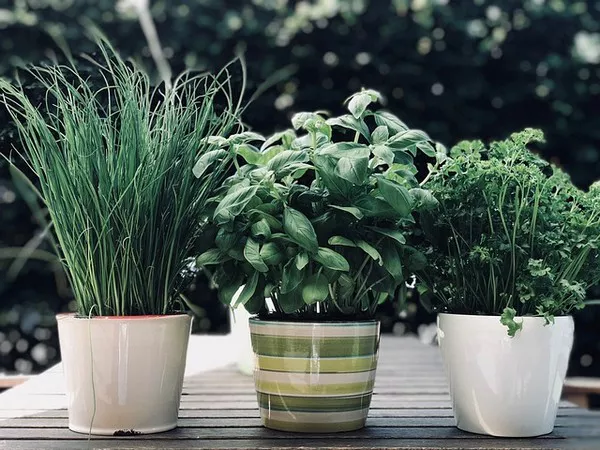Spiders are fascinating creatures that play crucial roles in ecosystems by controlling insect populations. However, for many people, encountering spiders indoors can be unsettling or even distressing. While chemical sprays and traps are common methods to repel or eliminate spiders, some individuals prefer natural solutions. One such solution is harnessing the power of plants that spiders dislike. In this article, we explore the botanical arsenal available to deter spiders naturally.
Understanding Spider Repellent Plants:
Plants have evolved various defense mechanisms to protect themselves from predators, pests, and environmental threats. Some of these natural defenses also happen to repel spiders. Understanding the mechanisms behind these plant defenses can guide us in selecting the most effective options for spider control.
Essential Oils and Aromatic Compounds:
Many plants produce essential oils and aromatic compounds as a defense against herbivores and insects. Interestingly, some of these compounds are also unpleasant to spiders. Examples include:
Peppermint: The strong scent of peppermint oil is known to deter spiders. Planting peppermint around entry points to the home or using peppermint oil sprays indoors can help keep spiders at bay.
Lavender: Lavender not only adds beauty to gardens but also repels spiders with its fragrant aroma. Planting lavender near windows or doorways can discourage spiders from entering.
Eucalyptus: Eucalyptus oil contains compounds like eucalyptol, which spiders find unpleasant. Using eucalyptus oil in diffusers or sprays can help repel spiders indoors.
Citrus Plants:
Citrus plants, including lemon, lime, and orange, contain compounds that spiders dislike. Growing citrus plants indoors or placing citrus peels in areas prone to spider activity can deter them effectively.
Herbs:
Several herbs commonly found in gardens and kitchens possess natural spider-repelling properties. These include:
Basil: The strong aroma of basil is known to repel spiders. Planting basil around the perimeter of the home or using dried basil indoors can discourage spiders from taking up residence.
Rosemary: Rosemary contains compounds that spiders find unpleasant. Planting rosemary bushes near entrances or windows can help deter spiders.
Mint: Like peppermint, the scent of mint is highly disliked by spiders. Planting mint in pots around the house or using mint sprays indoors can keep spiders away.
Allium Plants:
Allium plants, such as garlic, onions, and chives, contain sulfur compounds that repel spiders and other pests. Planting alliums in gardens or placing dried alliums indoors can help deter spiders effectively.
Marigolds:
Marigolds not only add vibrant color to gardens but also possess natural insect-repelling properties. Planting marigolds around the perimeter of the home or in flower beds can deter spiders and other unwanted insects.
Implementing Natural Spider Repellents:
Now that we’ve identified various plants that spiders dislike, let’s explore how to implement these natural spider repellents effectively.
Strategic Plant Placement:
Place spider-repellent plants strategically around the home, focusing on entry points such as windows, doors, and vents. Consider creating a barrier of spider-repellent plants along the perimeter of the house to discourage spiders from entering.
Indoor Planters and Pots:
Grow spider-repellent plants in indoor planters or pots and place them near windowsills, doorways, or other areas where spiders are likely to enter. This not only enhances indoor air quality but also helps keep spiders at bay.
Essential Oil Sprays:
Create natural spider repellent sprays using essential oils derived from spider-repellent plants. Dilute the essential oils with water and spray the solution around entry points, corners, and other areas frequented by spiders.
Herbal Sachets:
Fill sachets or small bags with dried spider-repellent herbs such as lavender, basil, or mint. Place these sachets in closets, drawers, and other enclosed spaces to repel spiders and prevent them from nesting.
Citrus Peel Decor:
Instead of discarding citrus peels, place them strategically around the house to repel spiders. Refresh the citrus peels regularly to maintain their effectiveness.
Conclusion:
Harnessing the power of plants that spiders dislike offers a natural and environmentally friendly approach to spider control. By understanding the botanical defenses of various plants and implementing them strategically, individuals can effectively deter spiders from their homes and gardens without resorting to chemical pesticides. Whether through the use of essential oils, aromatic herbs, or citrus plants, nature provides ample resources to keep spiders at bay. Embracing these natural solutions not only promotes a healthier living environment but also fosters a deeper connection with the natural world around us.


